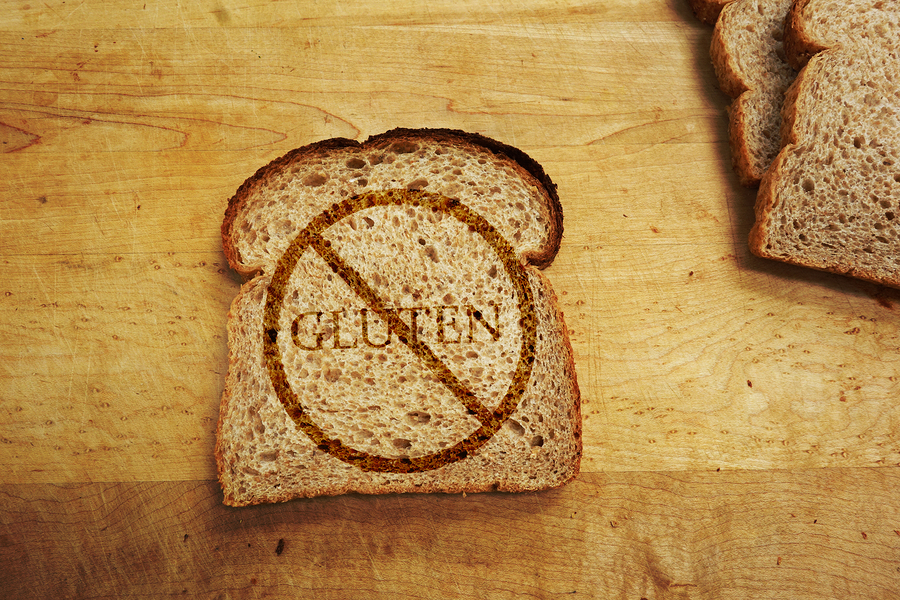Recently, there has been an increase in grocery and health food stores stocking up on gluten-free products. It has become popular to take a gluten-free approach and it’s popping up in everyday foods. But what exactly is gluten and why is it necessary to resist?
Well, gluten is a protein found in wheat, barley, rye and any other wheat-related product. It basically helps keep the form of baked goods and the chewy texture. It’s also added to other food products for taste purposes and consistency. The foods that contain gluten are products that are flour based.
Originally gluten-free diets were designed for people with celiac disease. This disease is a serious autoimmune disorder that destroys the intestinal tract. In other words, it is hard for people with this disease to digest gluten because they can’t absorb all the nutrients from it thereby making them sick. Celiac disease affects about 1% of our population and having the victims consume a gluten-free diet is the main form of management. However, there are still some people without this disease that feel the need to cut gluten out of their diet.
People try gluten-free diets to prevent them from being tired or bloated. Many feel that products with gluten can negatively affect their body’s overall physical function and appearance. It not only helps with weight loss to be gluten-free, but, according to some, it can also help you feel better or less depressed. Gluten-free diets cut out a lot of food products and give you less choices which can be a great way to cut back on the amount of daily calories you consume and can help you make better choices in the foods you decide to eat.
It may sound like a gluten-free diet is a choice we all would want to partake in, but much like every diet or eating habit it has its flaws. For some of us, saying no to gluten is saying no to common and nutritious foods. Gluten-free products are very low on nutrients. They lack fiber, niacin, thiamine, calcium, vitamin B12 and zinc. Basically, gluten-free products are made with grains and starches which have plenty of calories, but lack vitamins and minerals that our bodies need. So although there can be a significant weight loss, it’s not from the calorie count but rather the lack of nutrients our bodies are suppose to gain.
With that being said, maybe going gluten-free completely isn’t right for some. Although it can help many of us get rid of our “I’m feeling fat” days, it’s not wise to go gluten-free if you don’t have a sensitivity to it. Maybe having one gluten-free meal a day can produce a safer and more efficient diet. However, if you find that you have abnormal bloating and gas along with feeling fatigue and weak after eating certain meals or products, it would beneficial to check with a doctor because a gluten-free diet might not be for you.
